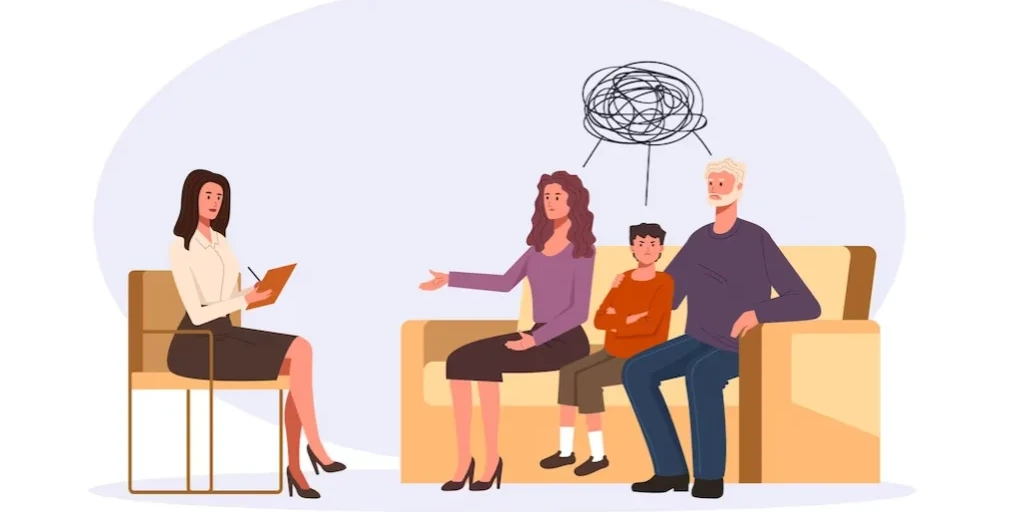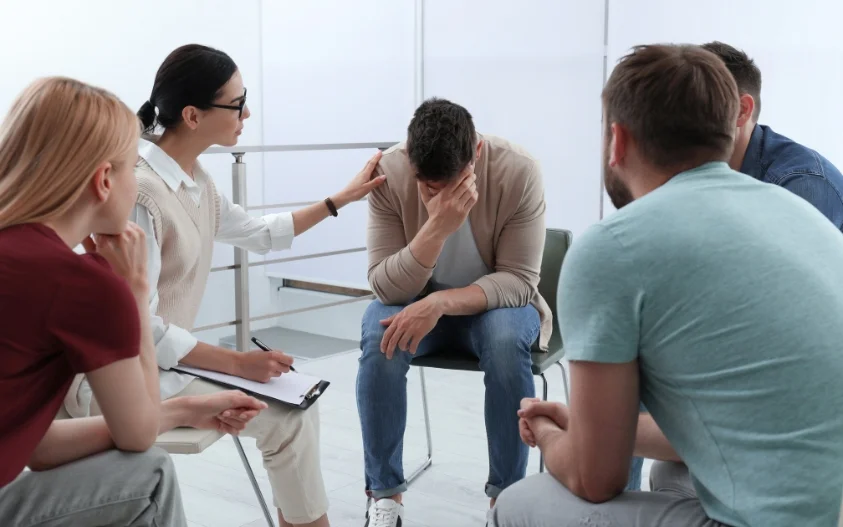24/7 Helpline:
(866) 899-221924/7 Helpline:
(866) 899-2219
Learn more about Codeine Rehab centers in Choctaw County

Other Insurance Options

Magellan

Lucent

Regence

Evernorth

American Behavioral

BHS | Behavioral Health Systems

Carleon

BlueCross

United Health Care

Anthem

Covered California

Premera

Private insurance

GEHA

Ceridian

Meritain

Health Net

Sutter

WellPoint

Humana












Community Counseling Services
Community Counseling Services is a private rehab located in Ackerman, Mississippi. Community Counsel...















